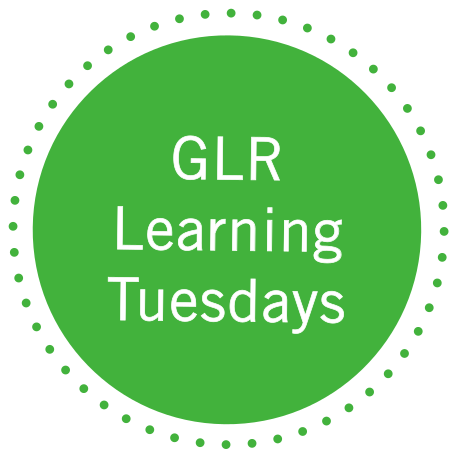
- This event has passed.
Scaling High-Dosage Tutoring: A Strategy for Learning Loss Recovery

- Naila Bolus, Chief Executive Officer, Jumpstart shared their approach to developing children’s language, literacy and social and emotional skills by harnessing the power of caring adults, particularly college students who serve as early literacy tutors and build supportive relationships with children in preschool.
- Lindsay Dolce, Chief Advancement Officer, ServeMinnesota discussed the program that began as the Minnesota Reading Corps and has now expanded to 12 additional states and Washington, DC. Dolce shared that their partnerships with schools, community based organizations and families have allowed them to reach just as many children with tutoring support in the current virtual learning environment.
- Michelle Sioson Hyman, Senior Vice President of Program and Partnerships, Raising A Reader reviewed their approach to early literacy and family engagement that focuses on helping parents develop and practice sustained read aloud routines with their young children. So, while not exactly a tutoring program, their model is a proven-effective strategy to build foundational reading skills that lead to early school success.
- Tonya Wiley-Robinson, Strategic Partnership and Community Engagement Manager, Experience Corps at the AARP Foundation discussed their program’s “secret sauce,” which is intergenerational tutoring and mentoring involving adults aged 50+ who are trained to be literacy tutors with early elementary school children.
- Adeola Whitney, Chief Executive Officer of Reading Partners shared their focus on providing literacy tutoring assistance to elementary school students who are several months to two years behind in their reading proficiency. Their evidence-based model involves focused training for community volunteers who create reading centers in schools, which have now pivoted to online tutoring, family workshops and sharing literacy resources via family text messaging.
The webinar’s commentator was Michael Lombardo, Founder and Chief Executive Officer of BookNook, a cloud-based tool for synchronous reading instruction. Lombardo offered the private sector perspective on the potential to scale tutoring assistance in today’s virtual learning environment.
Tutoring is an extremely important pillar in the Campaign for Grade-Level Reading’s commitment to slow, stop and reverse the pandemic-precipitated learning loss, knowing that research shows how effective high dosage – or high impact tutoring is to achieve gains in students’ early literacy skills. It was important to learn about the challenges and opportunities that leaders of such successful tutoring programs have experienced in replicating their proven models to better understand what it will take to truly scale high dosage tutoring in response to the current education crisis.
Panel









